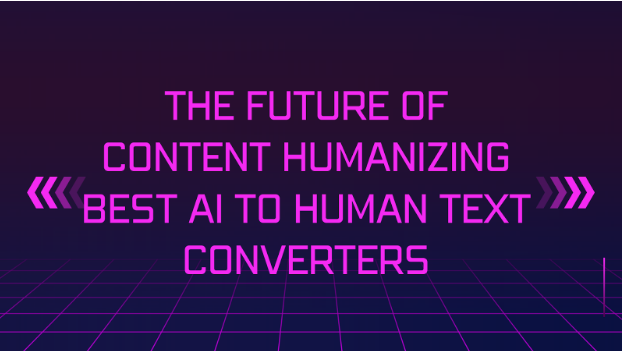In the ever-evolving realm of programming languages, the clash between C++ and Python has taken center stage. These two coding giants possess distinct characteristics and behaviors, yet both share a robust commitment to object-oriented programming. This article delves into the world of C++ and Python, highlighting their differences, and speculates on which language will reign supreme in the Tiobe Index for 2023.
Python’s Efficiency and Accessibility
Let’s start by examining the allure of Python. This high-level language has earned its place as one of the most widely taught and utilized programming languages across the globe. Python’s English-like syntax makes it an ideal choice for developers aiming to construct resilient applications. Its accessibility is a game-changer, enabling even those with no prior coding experience to navigate complex problems with ease. The fact that Python is open-source further contributes to its appeal. Anyone can freely access its source code, modify it, and engage in programming and coding endeavors without formal training.
The Versatility of C++
On the other side of the spectrum, C++ stands tall as a high-level, general-purpose programming language. Bjarne Stroustrup birthed this language in 1979, extending upon the foundations of the C programming language by introducing the concept of object-oriented programming. C++ is renowned for its versatility, originally designed for system programming and embedded systems. Over time, it found its way into diverse applications, from desktop software and video games to essential servers like e-commerce, Web search engines, SQL servers, and performance-critical systems such as telephone switches. Interestingly, many of Python’s libraries have C++ code at their core.
The Need for Speed: C++ vs. Python
One of the most conspicuous differences between C++ and Python is speed. C++ boasts a noticeable edge in this department. Python, given its roots in the C programming language, grapples with memory management complexities. In C++, memory allocation and deallocation for variables can be precisely controlled, efficiently optimizing resource usage throughout the code.
The Tiobe Index Showdown
As the dust settles, the race for dominance in the Tiobe Index comes into focus. According to the Tiobe programming languages index, C++ has already surpassed Java in popularity and has set its sights on dethroning Python from its top spot on the Tiobe index. In a surprising twist, Java now occupies the fourth position, ceding ground to C++ for the first time in history.
The Tiobe programming language index currently places Python at the zenith. Paul Jansen, CEO of Tiobe Software, a Dutch company specializing in software quality testing, notes that this marks the first time C++ has outperformed Java in the Tiobe index. Remarkably, this is the first instance since 2001 that Java has failed to secure a spot in the top three.
Deciphering the Tiobe Index
Before we proceed, it’s essential to understand what the Tiobe index represents. TIOBE Software BV, headquartered in the Netherlands, conceived and maintains the TIOBE programming community index. This index serves as a gauge of programming language popularity by counting the frequency of language mentions in search engine results across various platforms, including Wikipedia, YouTube, MSN, Yahoo!, Baidu, Google Blogs, and Google. It undergoes monthly updates, with historical data available for purchase and current information accessible for free. While the index offers valuable insights, it predominantly focuses on Turing complete languages and does not encompass languages like HTML.
Choosing Your Path: C++ or Python?
Ultimately, the choice between C++ and Python depends on your goals and current requirements. If you aspire to delve into system programming or low-level coding, C++ emerges as the ideal choice. On the other hand, if you seek to harness the power of machine learning and put it into practice, Python beckons. For those inclined towards web development, options like Ruby, JavaScript, or Angular JS may be more appealing.
In the dynamic world of programming, the more languages you master, the better. If you have the capacity to learn both C++ and Python, seize the opportunity. In the realm of programmers, knowledge is power, and versatility reigns supreme.







Leave a Reply